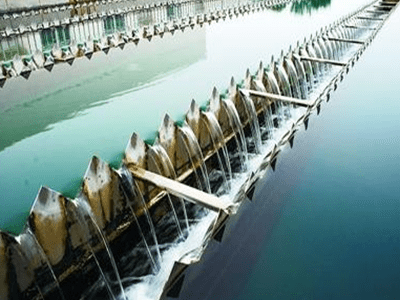The wrench is a cornerstone of every toolkit, trusted for its strength and adaptability. From minor home repairs to major construction work, wrenches are essential for gripping, turning, and tightening fasteners. They’re also vital in advanced tasks such as geogrid installations, where accuracy is a priority.

What are the main types of wrenches?
Some popular types include:
- Adjustable Wrench: Versatile for various bolt sizes.
- Combination Wrench: Combines open-end and box-end functions.
- Pipe Wrench: Ideal for handling round objects like pipes.
- Torque Wrench: Ensures fasteners are tightened to precise specifications.
How do you choose the right wrench?
Selecting a wrench depends on:
- Fastener Type: Match the tool to the bolt or nut.
- Task Precision: Use torque wrenches when accuracy matters.
- For geogrid installations, torque wrenches ensure even tensioning of securing bolts.
How do you care for your wrenches?
Keep them in top condition by:
- Cleaning after every use to prevent debris accumulation.
- Storing in a dry environment to avoid rust.
- Periodically oiling adjustable components for smooth operation.
Why are wrenches important in geogrid installation?
Geogrid systems require precise fastening to ensure stability. Torque wrenches are indispensable for maintaining even tension, a key factor in soil reinforcement and stabilization.
The wrench remains an essential tool, proving its value across countless scenarios. Whether tightening a loose bolt or reinforcing a geogrid, the right wrench ensures reliability and precision.